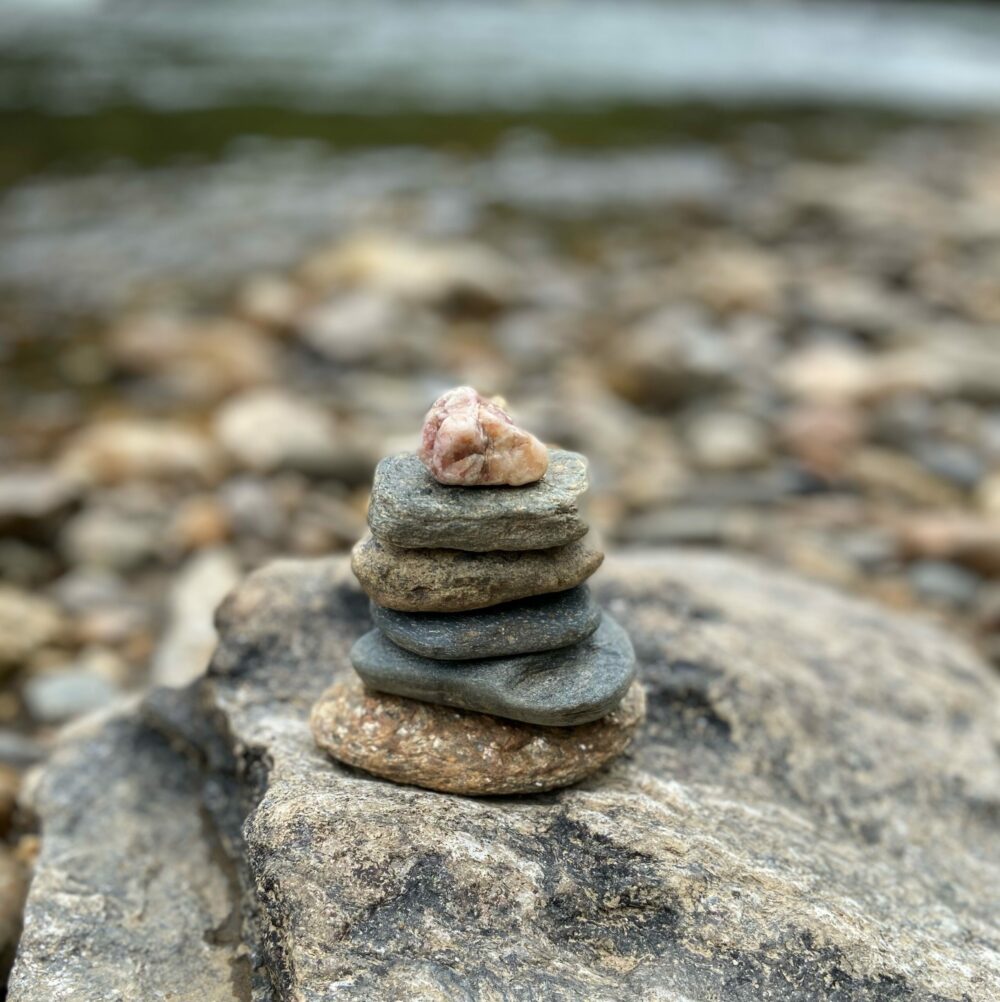There are so many things our bodies do to keep us alive and moving through our days — things that happen automatically, like breathing, digesting, processing sensory information, and defending us from cellular invasions.
In fact, our brilliant bodies are handling thousands of functions every minute without so much as our awareness.
In this way, all bodies have their own innate wisdom for growing, moving, repairing, recovering and maintaining health.
But what about when our bodies need our conscious participation?
For example, when your body truly needs more food or water, it has ways of letting you know, so that you (hopefully) take action. We feel gurgles in our stomachs, a little dry in the mouth, maybe even a little light-headed. We recognize those signals and know how to respond, even if we don’t always do what’s best for our bodies.
Either way, our response will influence the body’s next move, which will again employ the body’s innate wisdom. If the body doesn’t get what it needs from outside, it will start sourcing from inside. It knows how to keep you alive even when it’s challenged, though you might not feel as well as if you gave it the food or water it was asking for.
Are you listening to your body?
Now, let’s say your body is sending signals that need your conscious response — like intermittent knee pain. And let’s say you don’t recognize this as a message for you, so you ignore it, try not to think about it, or even pretend it’s not happening.
Again, using its innate intelligence, your body will take control of this “problem.”
It knows something is compromised, but it’s responsible for keeping you upright, so it will find a way to do that while also protecting the compromised area.
It might not be able to correct the cause of the knee pain without your participation, but by golly it will find ways to keep you walking (or running or biking or golfing or gardening) as long as it can!
As part of this strategy, other body parts will pitch in more than usual. The structures around the injury – wherever it is – will have to tighten up to hold things together. The actions your body takes, which are intended at a minimum to keep you safe, will cause mechanical dysfunction in other areas of the body.
It won’t be optimal, but your wise body will figure something out, until: a) the workarounds don’t work anymore, and something “gives,” or b) you intervene and help it find a better way.
Here’s where your wisdom is needed
Your first order of business, in this case, is to start paying attention to the signals. By tuning in and noticing, you will gather valuable information to help you (and/or a professional) decode the message.
For example:
- How often are the sensations coming — every day, several times a day, weekly?
- How long have the signals been coming — a few days, weeks, months or years?
- Under what circumstances are the messages coming — i.e., when I stand from a chair, when I come down the stairs, while I’m walking, in my sleep?
- Is the signal getting “louder” or staying the same?
- What conditions make this discomfort worse? What brings relief?
- How long have the signals been coming — a few days, weeks, months or years?
Even if you don’t know what to do with the answers, you’ll be in a better position to get the right help than if you didn’t pay attention.
So here’s my confession:
Asking whether you have a wise body was a trick question.
In fact, every body is wise – even yours, even if you’re not aware.
The real question is: Do you have the wisdom to listen?


